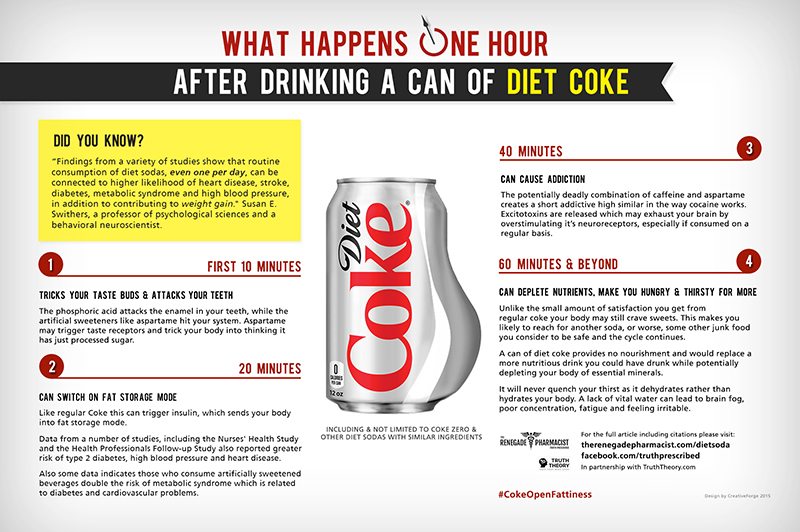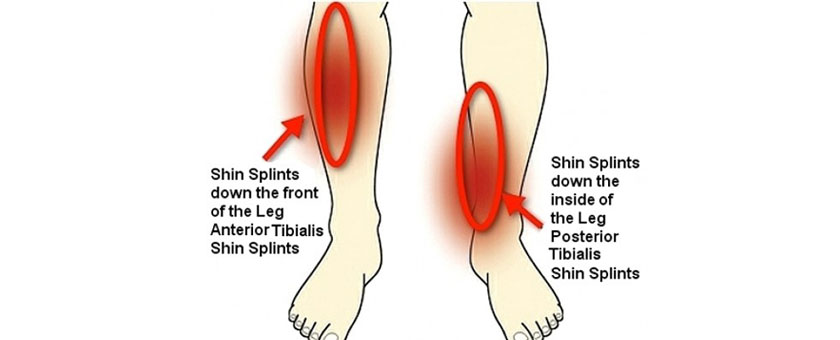Fats and Fatty Acids in Human in Nutrition Joint FAOWHO Expert Consultation November 10. The recommended intakes are an average to aim for each day.
 Average Daily Nutrient Intakes Of Sample Household Members Download Table
Average Daily Nutrient Intakes Of Sample Household Members Download Table
These values which vary by age and sex include.

Daily nutrient intake. While it is normal to eat more of some foods on some days and less on other days what matters most is that you eat as close to these amounts as possible. At least 260g Total sugars. DRI is the general term for a set of reference values used to plan and assess nutrient intakes of healthy people.
Make a list of every food you ate today then click Calculate Nutrient Profile. A further reduction to less than 5 of total energy intake is suggested for additional health benefits 7. Fats and fatty acids in human nutrition Report of an expert consultation.
Potassium intake for adults and children. Sodium salt 23 grams. The Reasonable Daily Intake is used to evaluate for regulatory purposes the nutritional contribution of specific foods to the diet.
Recommended Dietary Allowance RDA. Carbohydrate fat protein water fibre vitamins and minerals are all nutrients. Sodium intake for adults and children.
The Dietary Reference Intake DRI is the general reference term used to plan and assess the nutrient needs of healthy individuals and is the basis for the information found on Nutrition Facts labels. Less than 70g Saturates. Please note that individual requirements may be higher or lower than the DRIs.
This value can be further broken down into the following categories which vary by age sex and energy consumption and usage. The DRIs represent the most current scientific knowledge on nutrient needs of healthy populations. When it comes to calorie consumption the key values are the Recommended Daily Intakes for macronutrients because they are the nutrients that provide energy or calories.
Nutrient Quantity Per Day. Evidence regarding patterns of consumption of sugar-containing foods should be considered by policy makers when making nutrition recommendations and developing food-based dietary guidelines at national level. Daily reference intakes for adults are.
Less than 20g Carbohydrate. Reference Nutrient Intake for children Age group RNI per day g 0-3 months 125 4-6 months 127 7-9 months 137 10-12 months 149 1-3 years 145 4-6 years 197 7-10 years 283 Adults The Reference Nutrient Intake RNI is set at 075 g of protein per kilogram bodyweight per day in adults. Keeping salt intake to less than 5 g per day equivalent to sodium intake of less than 2 g per day helps to prevent hypertension and reduces the risk of heart disease and stroke in the adult population 8.
DRI Calculator for Healthcare Professionals This tool will calculate daily nutrient recommendations based on the Dietary Reference Intakes DRIs established by the Health and Medicine Division of the National Academies of Sciences Engineering and Medicine. Average daily level of intake sufficient to meet the nutrient requirements of nearly all. This will ensure youre getting an adequate amount.
Reasonable Daily Intakes are used as the basis for determining the amounts of vitamin and mineral nutrients that may be present in the food when they are added. In addition evidence in adults shows there are health benefits associated with higher intakes of dietary. The Dietary Reference Intakes DRIs are developed and published by the Institute of Medicine IOM.
By using the Nutrients Calculator you can estimate how much of each nutrient is needed per day by healthy individuals to maintain their health and wellbeing. There are Recommended Daily Intakes for macronutrients such as carbohydrates fiber fats and proteins as well as for micronutrients which are vitamins and minerals. Daily Nutrient Intake Calculator.
A daily intake of 25 grams of dietary fibre is adequate for normal bowel function in adults.












